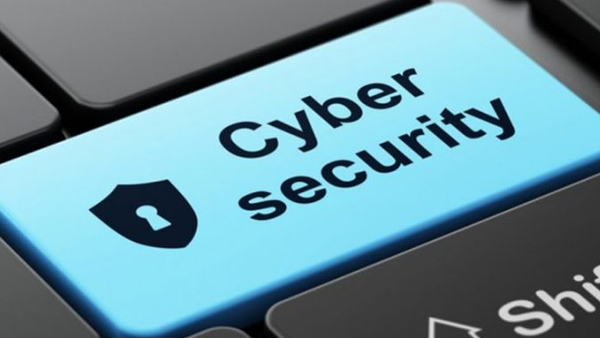|
Greetings Campus Community, Technology Services wishes you and your family a wonderful holiday season!
As we leave the Thanksgiving celebrations behind us and round the corner into the season of giving, many of us will venture out to the local mall or grocery store for a bit of shopping. It's habit to lock the car and safely put away credit cards before heading home with the day's purchases. Similar precautions need to be
taken when shopping online from the comfort of your own home.
This is the perfect time of year for cybercriminals to take advantage of unsuspecting online shoppers. Take a moment to view this short video to help you shop safely online. Making these simple precautions part of your regular online shopping habits will protect your purchases and personal information.
It’s been our goal to help the campus community become more keenly aware of the importance of protecting personal data as well as the sensitive information used to accomplish the academic and business missions of Fresno State. Technology has certainly enhanced the effectiveness of our daily activities, but demands our continued diligence to safeguard the information entrusted to us. Thank you for partnering with us in this endeavor!
Take a moment to review highlights from this past year to refresh your thoughts before venturing out to the mall down the street or the virtual mall! Think about the consequences of your online actions and enjoy the conveniences of technology with peace of mind during this holiday season.
Happy Holidays!
Technology Services
-
Always think twice before clicking on links or opening attachments even if they appear to be from people you know, legitimate organizations, your favorite retailers or even your bank. Messages can easily be faked. Use known, trusted URLs instead of clicking on links. Only open known and expected attachments. When in doubt, throw it out.
-
Keep clean devices. Make sure internet-connected devices, including PCs, laptops, smartphones, tablets, applications (apps), browsers and anti-virus/anti-malware software are patched and up to date.
-
Protect your passwords. Make them long and strong, never reveal them to anyone and use multi-factor authentication (MFA, also called two-factor or 2-step verification) wherever possible.
-
Protect your money. When shopping or entering personal information, make sure the site is security enabled. Look for https:// (not http) in the URL to help secure your information.
-
Pay by credit card, not debit card. Credit cards offer protections that may reduce your liability if your information is used improperly.
-
Stay safe with text alerts. Most banking apps provide the option to set alerts, such as a text message for every transaction over a specified dollar amount. Set these alerts and use them to spot signs of unusual bank account activity.
-
Get savvy about Wi-Fi hotspots. Limit the type of business you conduct on public networks, including logging in to key accounts, such as email, banking and shopping. Set your devices to “ask” before joining new wireless networks so you don’t unknowingly connect to an insecure or fraudulent hot spot.
-
Don't respond to pop-ups. Ignore pop-up offers and deals. Just close them. Don’t respond, click on the links or call the phone numbers. Don’t respond to pop-ups telling you need to buy anti-virus software or software to "clean your infected computer." These are all scams.
-
Don't auto-save your passwords or credit card numbers. The inconvenience of having to reenter the information is minor compared to the amount of time you would spend trying to repair the loss of your stolen information.
-
Be alert for charity donation scams. Cyber criminals try to take advantage of people’s generosity during the holiday season and can use fake charity requests as a means to gain access to your information or device. Don’t click on the links in emails requesting donations. Contribute by typing in and going to the trusted address of the charity.
- Don't ever give your financial information or personal information via email or text.
|


